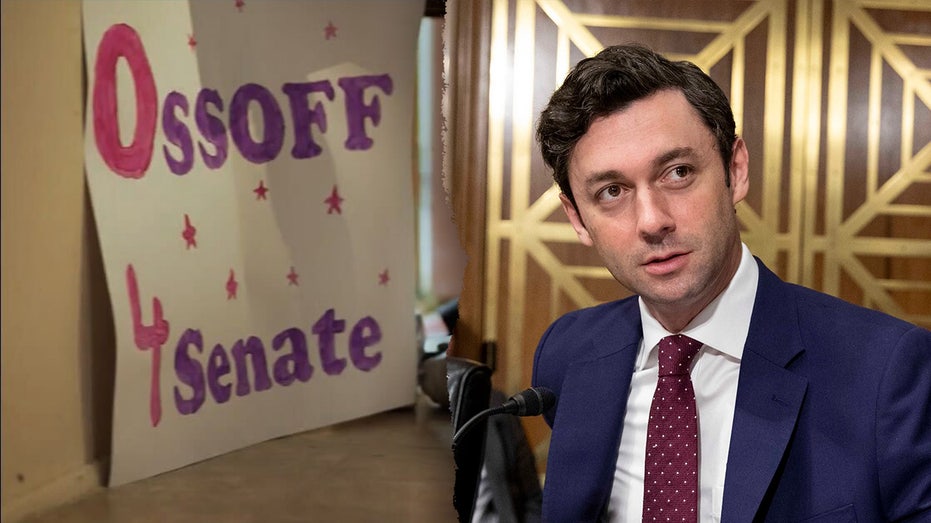Senator Jon Ossoff has become a vocal critic of the immense influence of money in American politics, passionately arguing that vast sums from corporations and billionaires are directly responsible for the disconnect between Congress and the needs of ordinary citizens.
He paints a stark picture of a system corrupted since theCitizens Uniteddecision, describing it as “corruption on steroids” and insisting that tackling the role of money is “the root of all of this.” Ossoff has repeatedly condemned the power of wealthy donors to “manipulate elections” through secret spending.
However, a closer examination of his own campaign finances reveals a striking contradiction. Despite his public stance, Ossoff has received nearly half a million dollars from billionaires since entering the political arena, including over $154,000 in the current election cycle alone.
Among those contributing significantly to his campaigns are members of the Soros family, tech giants Eric Schmidt and Reid Hoffman, Atlanta business leader James Cox-Chambers, and hedge fund manager Henry Laufer – a network of wealth that appears at odds with his stated principles.
Ossoff frequently highlights his refusal to accept funding from corporate Political Action Committees (PACs). Yet, analysis shows substantial contributions from individuals closely tied to major corporations like Google, Apple, Microsoft, Amazon, and Meta.
His financial support isn’t limited to billionaires and tech executives. Thousands of dollars have also flowed in from PACs representing lawyers, lobbyists, agribusiness, and labor organizations, creating a complex web of influence.
The senator recently featured Illinois Governor JB Pritzker, whose personal fortune exceeds $3.5 billion, in a fundraising appeal, further highlighting the reliance on substantial individual wealth to fuel his reelection bid.
While Ossoff describes an “unstoppable grassroots coalition” powering his campaign, FEC records reveal a different story. Over 80% of the funds raised in the last reporting period originated from outside of Georgia, the state he represents.
A significant portion of his maximum-level donors come from California, New York, and the Washington D.C. metropolitan area, raising questions about the extent to which his campaign is truly driven by the concerns of Georgians.
This pattern isn’t new. During his initial run for Congress in 2021, a full 60% of his contributions came from outside the state, suggesting a consistent reliance on out-of-state funding to support his political ambitions.
Facing a potentially challenging reelection in 2026, described by CNN as the nation’s “most endangered Senate Democrat,” Ossoff continues to navigate the delicate balance between condemning the influence of money in politics and actively soliciting it for his own campaigns.
He publicly champions reform, yet the financial realities of his campaigns suggest a complex relationship with the very system he criticizes, leaving voters to consider the sincerity of his message and the source of his power.





